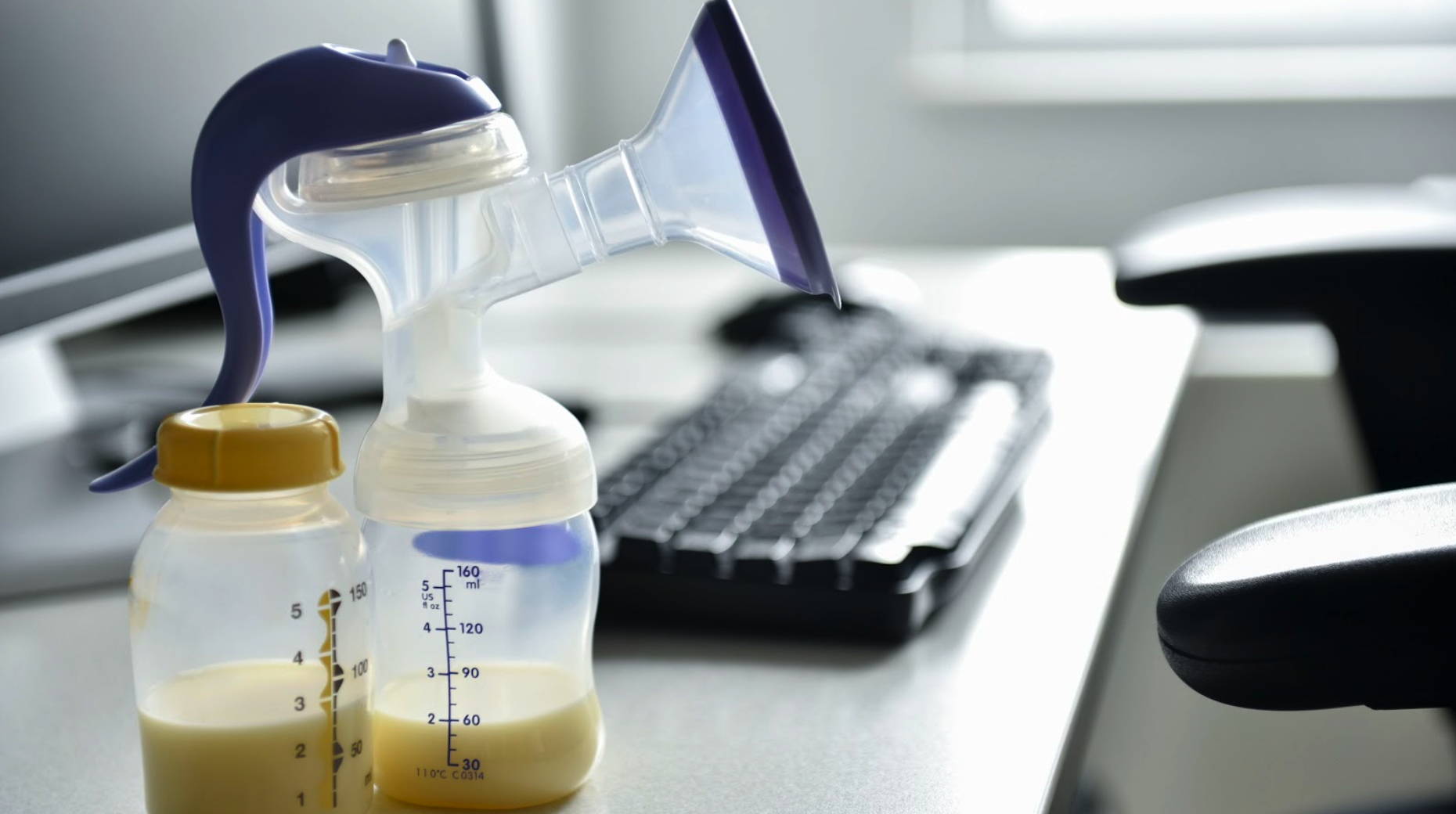By Alanna Iacovetti

Photo by The Balancing Careers
A Victory for Working Moms & Breastfeeding Rights
If you’re a mom returning to work after having your baby, you’re likely preparing for the challenges ahead—navigating work while also managing pumping, milk storage, and breastfeeding logistics.
If you’re anxious about your rights as a breastfeeding employee, we’ve got your back.
Expanding Workplace Protections for Breastfeeding Moms
In 2010, the Break Time for Nursing Mothers law was passed, requiring most hourly wage and nonexempt salaried workers to:
✔ Be given reasonable break time to pump
✔ Have access to a private space (not a bathroom) to express milk
While this law was a step in the right direction, it left out nearly 9 million working women. Teachers, nurses, transportation workers, and farmworkers were not protected under federal law when it came to breastfeeding at work.
On Friday, October 22, 2021, that gap was finally addressed.
What the PUMP Act Means for Nursing Moms
The Providing Urgent Maternal Protections (PUMP) for Nursing Mothers Act was passed by the House of Representatives with a bipartisan vote of 276-149—marking the first time a stand-alone breastfeeding bill received a recorded vote in Congress.
This historic breastfeeding rights law ensures that:
✔ Millions of working moms previously left unprotected are now covered
✔ Employees are entitled to break time and a private space for pumping at work
✔ Moms can access workplace accommodations for up to two years postpartum
✔ If a worker is not fully relieved of duty during pump breaks, it is considered compensable time
Why This Matters: Protecting Breastfeeding Moms from Discrimination
Breastfeeding discrimination is real, and it can have serious consequences—from job loss and financial hardship to health risks for mom and baby.
Congresswoman Alma Adams, Co-Chair of the Black Maternal Health Caucus, stated:
“Mothers should not have to choose between providing for their families and nursing their babies. The PUMP for Nursing Mothers Act ensures that millions of working mothers have the protections they need to nurse for as long as they choose. By closing an unintended loophole, this bill protects 9 million more working mothers who have been forced to choose between nursing and earning a paycheck.”
This legislation is backed by over 160 leading organizations, including:
✔ American Academy of Pediatrics
✔ Academy of Breastfeeding Medicine
✔ La Leche League International
Breastfeeding Is a Human Right
Breastfeeding contributes to healthier families and a healthier planet.
New parents already face countless challenges in the workplace—lack of breastfeeding accommodations should not be one of them.
Let’s continue to advocate for breastfeeding moms—at work and beyond.
Learn More About the PUMP Act
For more details, check out these resources:
📌 House Passes PUMP Act
📌 PUMP Act Roll Call
📌 PUMP Act Fact Sheet
📌 Organizations Supporting the PUMP Act
Need help with pumping at work? The Ceres Chill Breastmilk Chiller makes breastmilk storage easier for working moms—no more ice packs or bulky coolers!
